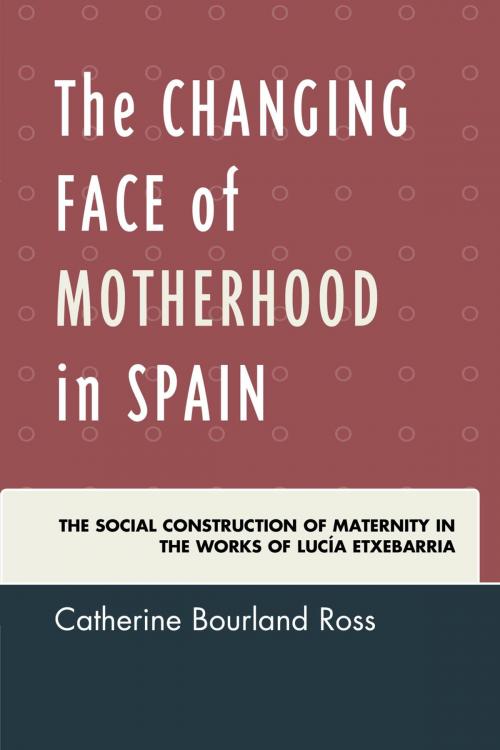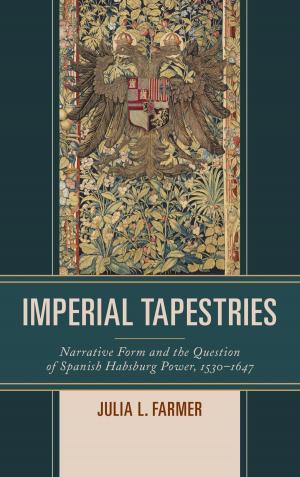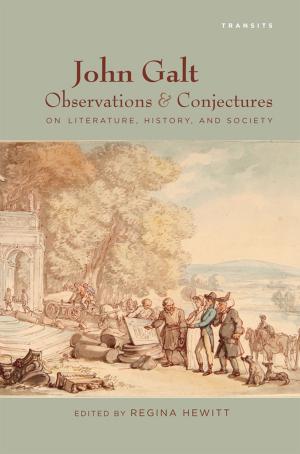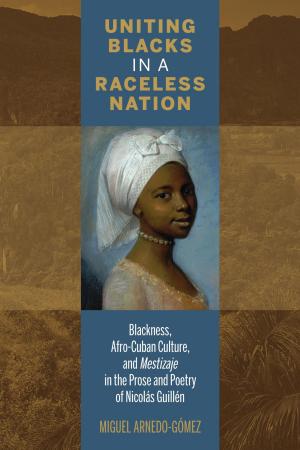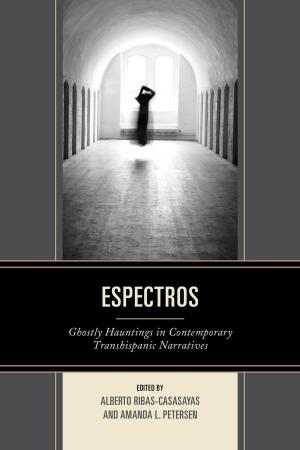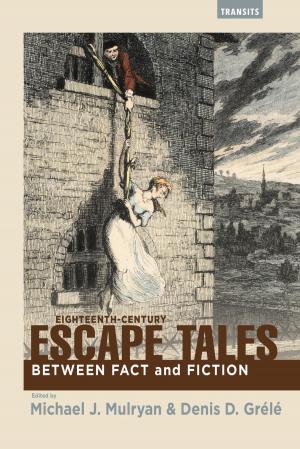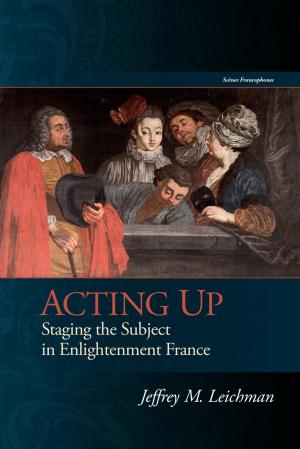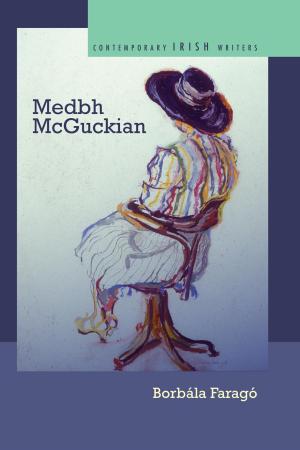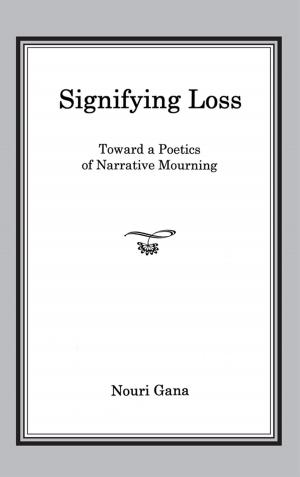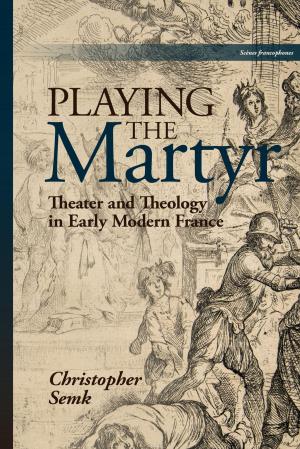The Changing Face of Motherhood in Spain
The Social Construction of Maternity in the Works of Lucía Etxebarria
Fiction & Literature, Literary Theory & Criticism, European, Spanish & Portuguese, Women Authors, Nonfiction, Social & Cultural Studies, Social Science, Gender Studies, Women&| Author: | Catherine Bourland Ross | ISBN: | 9781611487282 |
| Publisher: | Bucknell University Press | Publication: | December 24, 2015 |
| Imprint: | Bucknell University Press | Language: | English |
| Author: | Catherine Bourland Ross |
| ISBN: | 9781611487282 |
| Publisher: | Bucknell University Press |
| Publication: | December 24, 2015 |
| Imprint: | Bucknell University Press |
| Language: | English |
This book investigates the perceptions of motherhood in Spanish author Lucía Etxebarria’s fiction and offers views of the importance of motherhood in society. Traditional expectations for women as mothers persist despite the fact that they no longer match Spain’s cultural and economic reality. These issues of gender equality and societal perceptions stand out in the novels and screenplays of Etxebarria. Her work at times resists and at times affirms patriarchal constructs associated with traditional Spanish motherhood, and ultimately, I argue, enacts the very complexity of contemporary Spanish motherhood ideals. By showing the tension between the past constructs of the mother and the possible future outcomes of gender equality, Etxebarria’s works navigate the complexity between past and future, illuminating the current and future uncertainties and the ambivalent nature of change. Each chapter views motherhood from a different perspective and focuses on particular works of Etxebarria. Through the depiction of a variety of mother characters, these different perspectives, as showcased in Etxebarria’s narratives, together compose an understanding of Spanish maternal identity.
This book investigates the perceptions of motherhood in Spanish author Lucía Etxebarria’s fiction and offers views of the importance of motherhood in society. Traditional expectations for women as mothers persist despite the fact that they no longer match Spain’s cultural and economic reality. These issues of gender equality and societal perceptions stand out in the novels and screenplays of Etxebarria. Her work at times resists and at times affirms patriarchal constructs associated with traditional Spanish motherhood, and ultimately, I argue, enacts the very complexity of contemporary Spanish motherhood ideals. By showing the tension between the past constructs of the mother and the possible future outcomes of gender equality, Etxebarria’s works navigate the complexity between past and future, illuminating the current and future uncertainties and the ambivalent nature of change. Each chapter views motherhood from a different perspective and focuses on particular works of Etxebarria. Through the depiction of a variety of mother characters, these different perspectives, as showcased in Etxebarria’s narratives, together compose an understanding of Spanish maternal identity.
